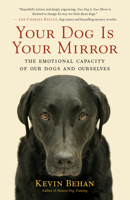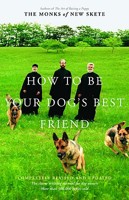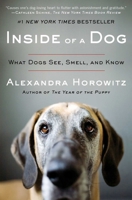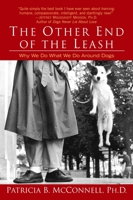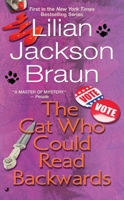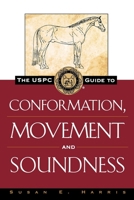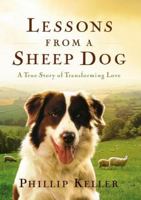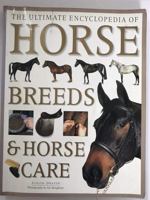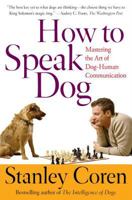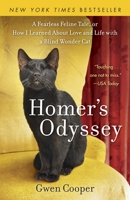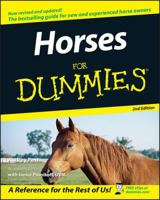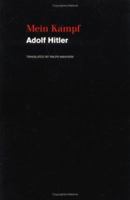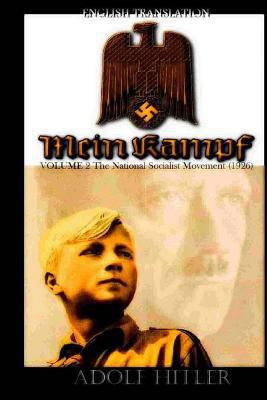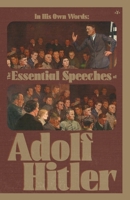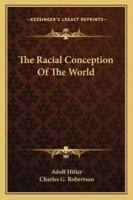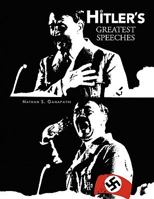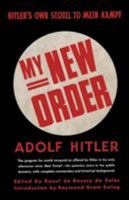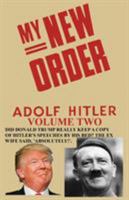The Almanac of American History
Select Format
Select Condition 
You Might Also Enjoy
Book Overview
Customer Reviews
Rated 4 starsGood book, fairly comprehensive.
While this book isn't perfect in terms of contribution to US history from non-white ethnic groups, it comes pretty close. It's very informative, well researched, fairly balanced, and the format is organized by date chronologically with comprehensive coverage in a compact volume. It covers history from the Vikings landing to the 2004 presidency on issues from major artistic and scientific contributions to legal milestones...
0Report
Rated 5 stars"...a nation of paradox..."
This is simply an excellent reference work -- but also awonderful general reading work -- filled with the detailand chronology -- and flow of American history. It isdifficult to try to convey what the experience of usingthis work is like. The "history" of the United States ispresented in crisp, clear, but meaningful style andpoint. Each year of the history of the United States(starting with the 1st section of the CHRONOLOGY,...
0Report
Rated 5 starsA great reference book
This is a great book packed with useful information. It is a useful book for people who study United States history as well as fo those who want to have a history reference book.
0Report














